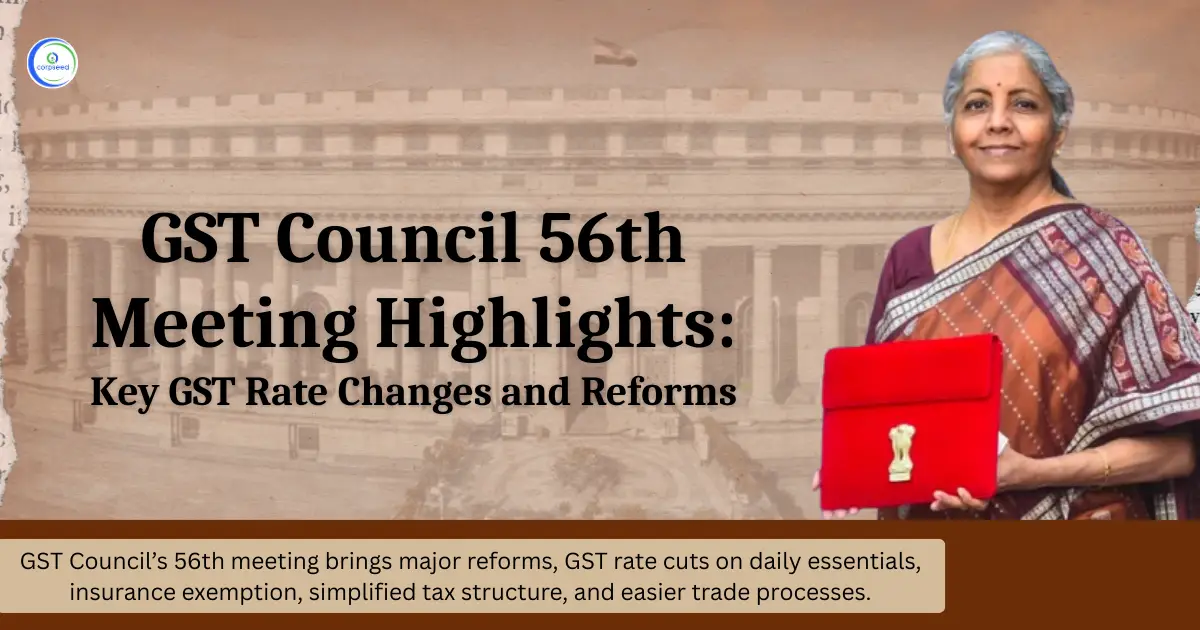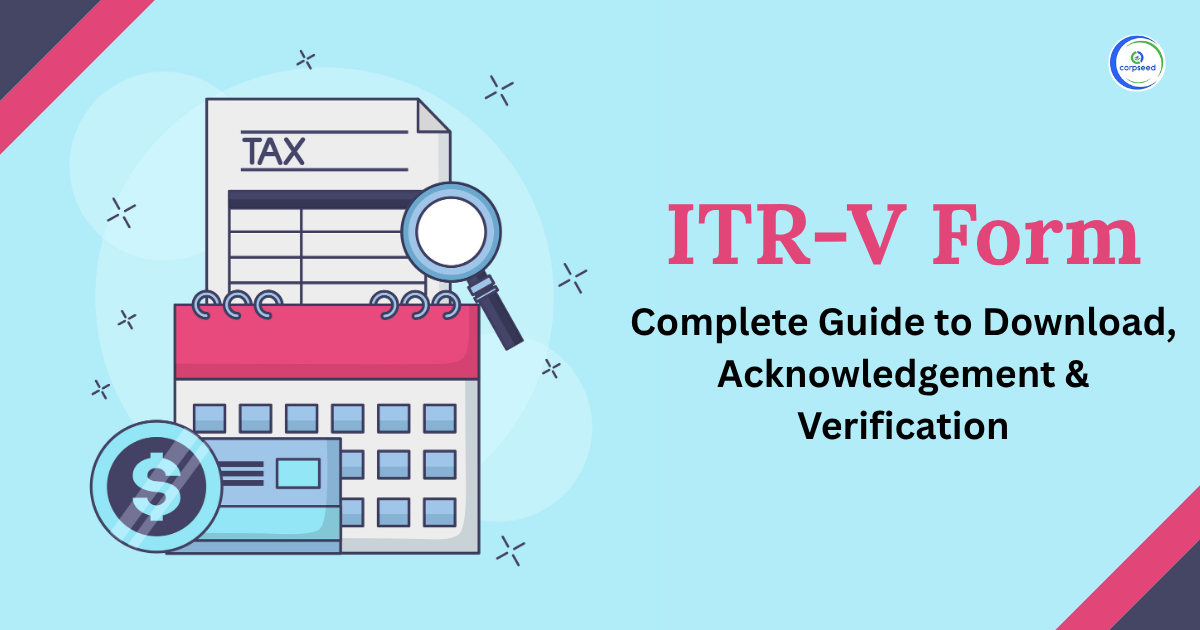Introduction: Income tax
Income tax is a type of direct tax that a government imposes on its people's earnings. The central government is required to collect this tax under the Income Tax Act of 1961. Every year in its Union Budget, the government can change the income slabs and tax rates.
Money earned in the form of a wage is not the sole source of income. Income from a residence, profits from a business, gains from a profession (such as a bonus), capital gains income, and 'income from other sources' are all included. The government also frequently allows for certain deductions from an individual's income before calculating the tax that will be levied.
Most countries mandate self-assessment of the tax, as well as the withholding of tax on certain forms of income. Taxpayers may be forced to make advance tax payments. Taxpayers who do not pay their taxes on time face severe penalties, which can include jail time for individuals or the loss of an entity's legal existence.
Income Tax Returns
The basis for determining a person's income tax is the Income Tax Returns (ITR) form. It is a statement that shows a person's status, all of their sources of income, deductions, and, finally, the tax payable or refund, if any.
Read Our Blog: Tax Returns
Income Tax slabs
The rate of income tax a person pays is determined by their tax bracket. Incomes are divided into four categories by the government: up to Rs 250,000, Rs 250,000-Rs 5,00,000 Rs 5,00,000 - Rs 1 million, and more than Rs 1 million. The prices on different slabs may differ depending on the age group.
Standard deduction
The government may be able to exempt some types of income from taxation. Standard deductions are a type of tax relief.
Section 195 of Income Tax Act
Non-Resident Indians are eligible for tax deductions under Section 195 of the Income Tax Act of 1961. (NRIs). This section focuses on tax rates and deductions for non-resident business transactions. The Income Tax Act of 1961 applies to any money earned through these business transactions. This sum may or may not be profit or income. The remittance certificate is required.
Section 195 also includes instructions for minimising a revenue loss due to a non-tax resident's burden by deducting the equivalent amount from their payments at source. Any individual, Indians and foreign companies, Hindu Undivided Family (HUF), person with exempt income in India, and juristic person with or without an income chargeable to tax in India can be the payer, that is, the person remitting payments to an NRI. Section 195 defines the payee as any non-resident with a residential status that falls under Section 6 of the Income Tax Act of 1961.
TDS under Section 195
TDS can be deducted in the following manner under Section 195 of the Income Tax Act of 1961:
- Before claiming TDS tax deductions, the buyer must first get a Tax Deduction Account Number, or TAN, as required by Section 203A of the Income Tax Act, 1961. It is obtained by completing and submitting Form 49B, which is available both online and offline. To complete the Form 49B submission process, the buyer must have both his or her own PAN number and the PAN number of the NRI seller.
- TDS should be deducted from the source when paying an NRI under Section 195. Details about TDS deductions and the applicable rate should be included in the sale deed of any transaction between a buyer and an NRI seller.
- TDS deducted by the buyer under Section 195 must be deposited by challan or Form number for TDS payment by the 7th of the month following the month in which TDS deductions were made.
- TDS can be submitted by the buyer through banks or the Income Tax Department that have been authorized by the Government of India to collect Direct Taxes under Section 195.
- The buyer must file a TDS return using the electronic means by submitting Form 27Q after depositing the TDS as required by Section 195. TDS returns are due every three months. TDS deductions made in the first quarter of a financial year, i.e. between April 1 and June 30 of that year, must be filed by July 15 of that year. TDS deducted during the second quarter of a financial year, which is between July 1 and September 30 of that year, must be filed by October 15th. TDS deductions for the third quarter, which runs from October 1 to December 31, must be filed by January 15th. TDS deductions for the fourth quarter, which runs from January 1 to March 31, must be filed by May 15th.
- After filing the TDS returns, the buyer can issue a TDS certificate to the NRI seller, known as the Certificate of Deduction of Tax or Form 16A, as per Section 195. The buyer must provide this certificate to the seller within 15 days of the due date for filing TDS returns for that quarter.
Rate of TDS under Section 195
The applicable education cess and surcharge are added to the TDS rates indicated in Section 195 of the Income Tax Act, 1961. There is no additional education cess or tax for payments made using DTAA rates.
TDS deduction rates under Section 195 of the Income Tax Act of 1961 are as follows:
|
Individuals |
Rates of TDS |
|
Income from investments made by a NRI |
20% |
|
For an NRI, income from long-term capital gains is taxed under Section 115E. |
10% |
|
Long-term capital gains income |
10% |
|
Short-term capital gains are taxed under Section 111A |
15% |
|
Any other long-term capital gain income |
20% |
|
Interest payable on money borrowed in foreign currency |
20% |
|
Royalty payments made by the government or an Indian company |
10% |
|
Other than royalties paid by the government or an Indian company, income from royalty |
10% |
|
Income from fees for technical services paid by the government or a company based in India |
10% |
|
Any additional sources of income |
30% |









